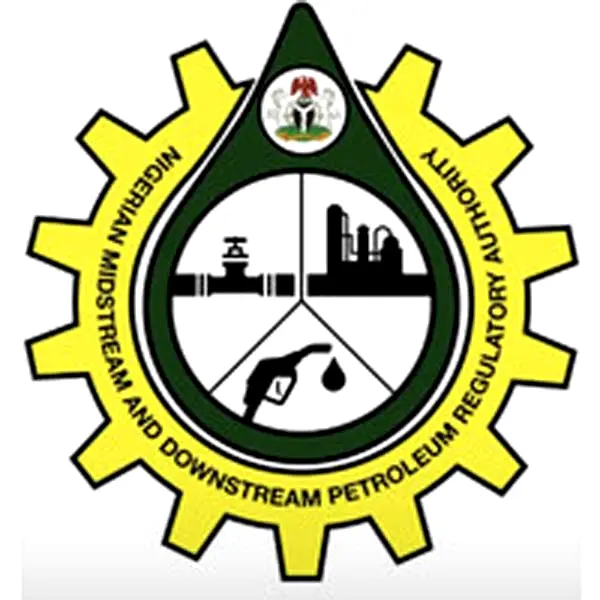The Nigerian Midstream and Downstream Petroleum Regulatory Authority (NMDPRA) has turbocharged its compliance campaign in the wake of the Petroleum Industry Act (PIA), setting new standards for operational transparency, competitiveness, and sustainability in the nation’s vital oil and gas value chain.
Speaking in Lagos, the Authority’s Chief Executive, Engr. Farouk Ahmed, issued a powerful message for operators:
“The era of laxity is over; compliance with the law under the PIA is now non-negotiable for sustainable operations and sector growth.”
This renewed drive is backed by a raft of recently gazetted and proposed regulations. From ensuring strict market discipline to fortifying environmental safeguards and consumer protections, the NMDPRA is ushering in a more accountable regime across the sector.
Collaboration—The Heart of Compliance

The Authority has championed the importance of collaboration and inclusiveness in regulatory processes.
“The PIA also mandated the NMDPRA to make regulations concerning midstream and downstream petroleum operations in consultation with its licensees and stakeholders… The outcome is streamlined, clearer regulations addressing the complexities that operators have faced for years,” Ahmed highlighted.
Stakeholder engagement has become central. Proposals and feedback from industry players now directly inform the development of regulations, strengthening their fairness, enforceability, and practicality. This has contributed to a more streamlined regulatory environment, promoting investment and reducing the compliance burden on responsible operators.
Quality, Safety, and Market Discipline
New and updated rules—backed by stiffer penalties—reinforce NMDPRA’s emphasis on product quality, measurement accuracy, and safety. For example, tampering with metering systems is now subject to a $2 million penalty per meter, a measure intended to curb commercial malpractices and protect state revenue.
In addition, operators must provide internationally approved safety equipment for personnel, ensuring higher standards throughout the midstream and downstream supply chain.
Ongoing efforts to address challenges such as pipeline vandalism, illegal refineries, and product adulteration are leading to more frequent facility inspections, digital monitoring protocols, and robust enforcement mechanisms.
“We enforce compliance to ensure that operations are conducted safely, the environment and consumers are protected, and fair play is observed in the industry.”
The NMDPRA’s approach is underpinned by the legal clarity provided by the PIA, which has replaced the previous patchwork of laws with a robust, unified regulatory foundation. Deputy Speaker Benjamin Kalu recently emphasized that
“Two years post-enactment, the impact of the PIA is undeniable. We have witnessed an astonishing $16 billion in investment commitments. These are not just numbers. They represent jobs, infrastructure, and a renewed sense of purpose for our nation’s most vital economic engine.”
For operators, compliance is now directly tied to the grant or renewal of licenses. Non-compliance can attract fines of up to 5% of annual turnover or even license revocation, underscoring the seriousness of the Authority’s mandate. Importantly, companies are now urged to embed regulatory compliance into their organizational cultures to remain competitive and future-proof.
Quote of the Day
“To achieve a globally competitive petroleum industry, every player must be accountable. Compliance with the PIA is not optional—it is essential for our collective progress as a nation.”
— Engr. Farouk Ahmed, Chief Executive, NMDPRA
Looking Ahead
With more regulations awaiting gazette and routine engagement sessions on the horizon, the NMDPRA is poised to sustain momentum throughout 2025. Observers in the energy space believe these reforms are reshaping “accountability, transparency, and operational excellence” across Nigeria’s oil and gas landscape.
All eyes are now on how operators respond to this evolving landscape—as robust compliance will be the ticket to sector stability, investor confidence, and a safer, more innovative energy future for Nigeria.
